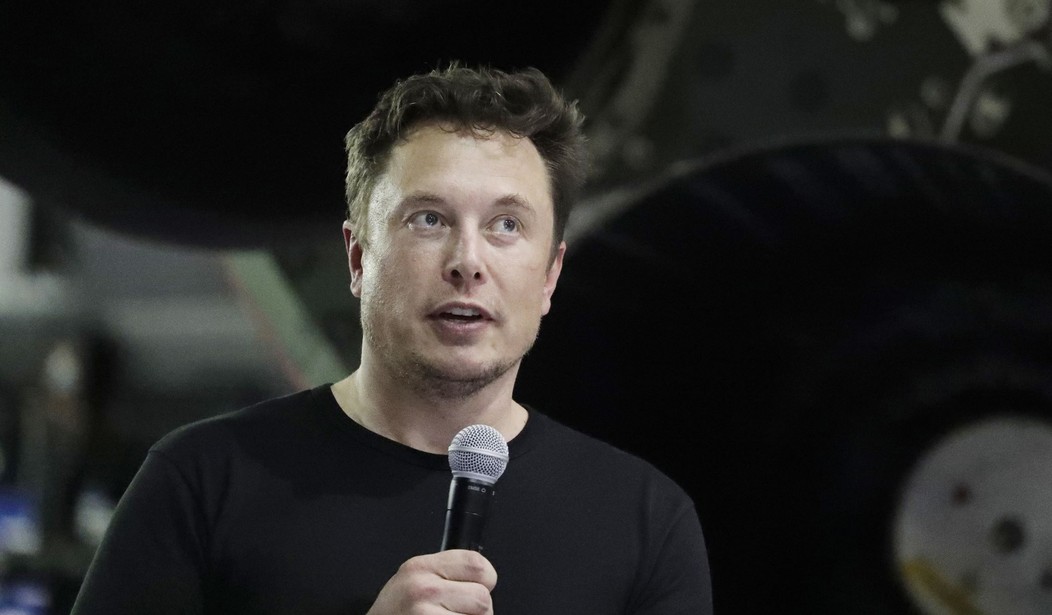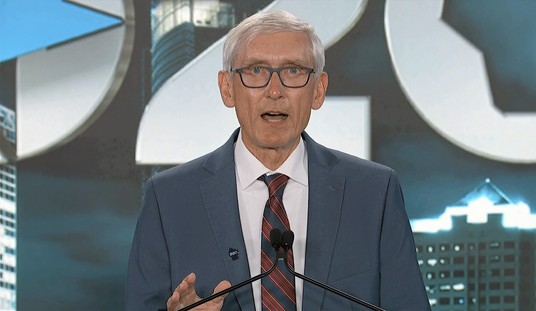In May, I wrote about Elon Musk's foolhardy “Starlink” project, which aims to launch a network of thousands of satellites into low Earth orbit in order to provide global broadband internet access. As I pointed out, Musk's plan is absurdly over-complicated and expensive (the costs are tens of billions of dollars higher than Musk's estimates, according to the Motley Fool); it is unnecessary, given the many, simpler ways to extend internet access to new areas; and it is redundant, given the progress made by other companies along similar lines. For these reasons, I advised Mr. Musk to abandon the Starlink boondoggle and to concentrate on fixing the serious financial and technological problems plaguing his other ventures. Not only did he spurn my wise counsel – he has since doubled down on Starlink, imperiling his reputation as America's most admired tech Wunderkind.
Sadly, the Federal Communications Commission is enabling Musk's self-destructive tendencies. Recently, the FCC gave the green light to Starlink. And perhaps it should have, in the narrowest sense: after all, providing broadband internet access via satellite is technically feasible and unlikely to be unsafe to anyone...except investors in SpaceX.
SpaceX is Musk's company dedicated to all-things-space, including Mars exploration and settlement, the promotion of global (and eventually intergalactic?) internet access, and, more immediately and practically, launching rockets for NASA, the U.S. Air Force, and other private companies. Musk has long envisaged Starlink as the cornerstone of his budding space empire, which will yield the vast profits on which his more speculative and ambitious projects – like Martian colonization – ultimately depend. The problem is that Starlink is already way behind schedule (top managers were recently fired for their lassitude), it grows less relevant by the day as other, more practical means of providing internet access arise, and SpaceX's finances are notoriously shaky.
The Wall Street Journal has exposed SpaceX's vain struggles to become profitable in recent years, and its failure to keep pace with the profit margins of its competitors. Bloomberg, meanwhile, has reported that SpaceX was recently spurned by long-time Musk ally Goldman Sachs in its quest for a leveraged loan of $500 million. Instead, Bank of America came to SpaceX’s rescue. Recently, Bloomberg’s reporters also uncovered further financial weakness at SpaceX: its claims of profitability are undergirded by creative accounting. Arguably, in fact, SpaceX’s earnings are in negative territory. It is hardly a surprise, therefore, that banks have an increasingly wary attitude about investing in SpaceX, and in Musk's ventures in general, which are debt-heavy and cash-poor.
In addition, SpaceX remains dangerously over-reliant on government funding, as NASA and the Air Force sponsor a large proportion of its launches. The U.S. government, however, is growing concerned about SpaceX's flawed record of safety and reliability (its rockets do blow up from time to time), as well as its steadily-rising costs. None of this is a promising basis on which to launch a new, and vastly more audacious, project like Starlink. Shouldn't SpaceX get its own house in order before Musk vies to become, not just a launcher of satellites, but the undisputed Satellite King?
Recommended
We should also keep in mind that Elon Musk, because of his reckless and apparently deceptive tweets, was recently embroiled in a dispute with the Securities and Exchange Commission. To settle the dispute, Musk personally paid a $20 million fine and agreed to step down from the Chairmanship of Tesla, his company that manufactures electric cars. Does this sound like the profile of the man who will soon bring the world cheap and reliable satellite-based broadband internet access? Or does it sound more like a recipe for disappointment and disaster, and for the hopeless over-extension of SpaceX's resources and capabilities, all to service the limitless ambitions of Elon Musk?
You be the judge. My advice: don't expect to be surfing the web courtesy of MuskNet anytime soon.
Dr. Nicholas L. Waddy is an Associate Professor of History at SUNY Alfred and blogs at: www.waddyisright.com. He appears weekly on the Newsmaker Show on WLEA 1480.
























Join the conversation as a VIP Member